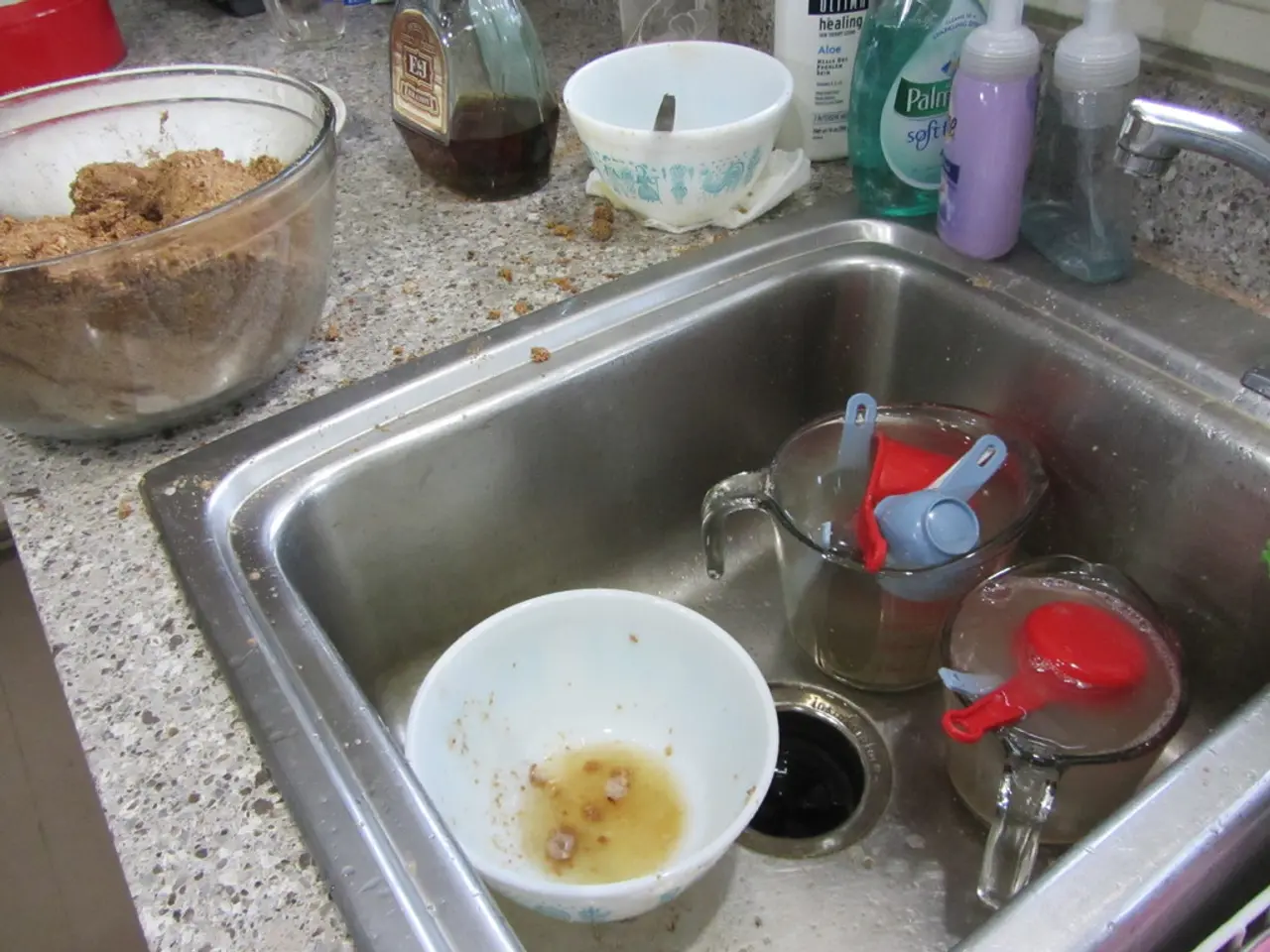Hidden School Tragedy: Fatal Spear Attacks Claim Lives of Adolescents in South Africa
In South Africa, the Ulwaluko ritual, a traditional circumcision ceremony marking the transition from boyhood to manhood within the Xhosa community, has been the subject of growing concern due to the high number of fatalities and injuries associated with the practice.
This year alone, 39 young men have lost their lives during the Ulwaluko ritual, and hundreds more have sustained serious injuries, including cases of penis amputation [1]. The health risks associated with the ritual remain high, with many initiates falling ill and requiring hospitalization. Last year, 93 deaths were attributed to the ritual [2].
The main causes of death during the Ulwaluko ritual are infected wounds, sepsis, and dehydration. These tragic outcomes are largely due to the unsanitary conditions and lack of medical expertise. The circumcisions are often performed by untrained "surgeons" using crude tools such as sharpened spear points, old blades, and dirty knives that are not sterilized and reused multiple times [1]. As a result, almost every initiate suffers from infections after the ritual.
The secretive and sacred nature of the Ulwaluko ritual has made regulation challenging. The South African government has commissioned reports and called for reform, but criminal gangs operating illegal initiation schools, secrecy enforced by tribal elders, and cultural resistance to medical intervention have hindered effective oversight [1].
The consequences of these deaths and injuries are profound. Young men who have not undergone the Ulwaluko ritual are not considered full adults and are barred from participating in important social, cultural, or familial roles until they complete the initiation [1][2]. Survivors of botched circumcisions face physical disabilities, including penises amputations and permanent damage caused by infection and gangrene [1].
Despite the efforts of South African authorities to close down illegal schools and arrest organizers in an attempt to eliminate deaths by 2025, hundreds of such schools continue to operate under the control of criminal gangs [3]. The goal of eliminating deaths by 2025 has not yet been achieved.
Activists and medical professionals have pushed for safer medicalized circumcision practices and stricter controls on traditional initiation schools. However, these efforts struggle against the deeply entrenched customs and secrecy surrounding the ritual.
In conclusion, the brutality of the Ulwaluko initiation ritual primarily arises from unregulated, unsafe circumcisions, resulting in numerous deaths and serious injuries. The practice’s cultural importance makes regulation difficult, contributing to ongoing public health crises tied to this traditional rite of passage in South Africa [1][2][3].
References: [1] Liter.kz. (2021). South Africa's deadly initiation ritual. https://liter.kz/en/world/south-africas-deadly-initiation-ritual/ [2] BILD. (2021). South Africa's deadly initiation ritual. https://www.bild.de/welt/suedafrika/suedafrika-gefaehrliche-initiationsrituale-20947896.bild.html [3] South African Human Rights Commission. (2020). Report of the Commission of Inquiry into Traditional, Cultural, Religious and Bridewealth Practices Affecting the Rights of Women. https://www.sahrc.org.za/wp-content/uploads/2020/10/Report-of-the-Commission-of-Inquiry-into-Traditional-Cultural-Religious-and-Bridewealth-Practices-Affecting-the-Rights-of-Women.pdf
- While the practice of the Ulwaluko ritual in South Africa continues, it remains a significant concern for health-and-wellness, with this year alone recording 39 fatalities and hundreds of medical-conditions due to improper and unsanitary circumcision procedures.
- The regional general-news often covers reports of deaths attributed to the Ulwaluko ritual, such as last year's 93 fatalities and this year's continued occurrence, raising questions about crime-and-justice involvement in the running of these illegal initiation schools.
- Activists and medical professionals advocate for the adoption of science-based, medicalized circumcision practices and stricter regulations in traditional initiation schools, citing their hope that these reforms can mitigate the ongoing public health crises tied to this traditional rite of passage in South Africa.




